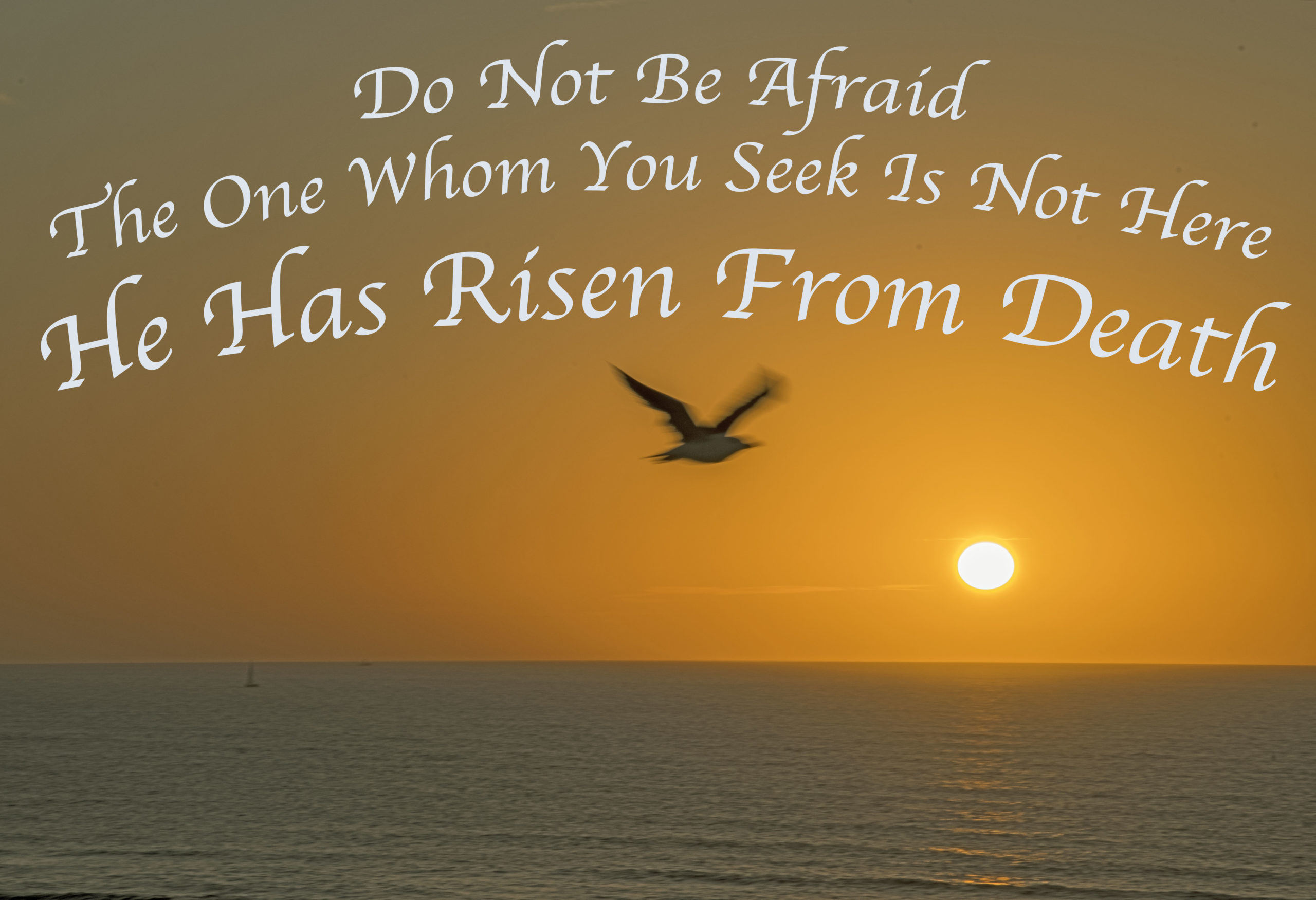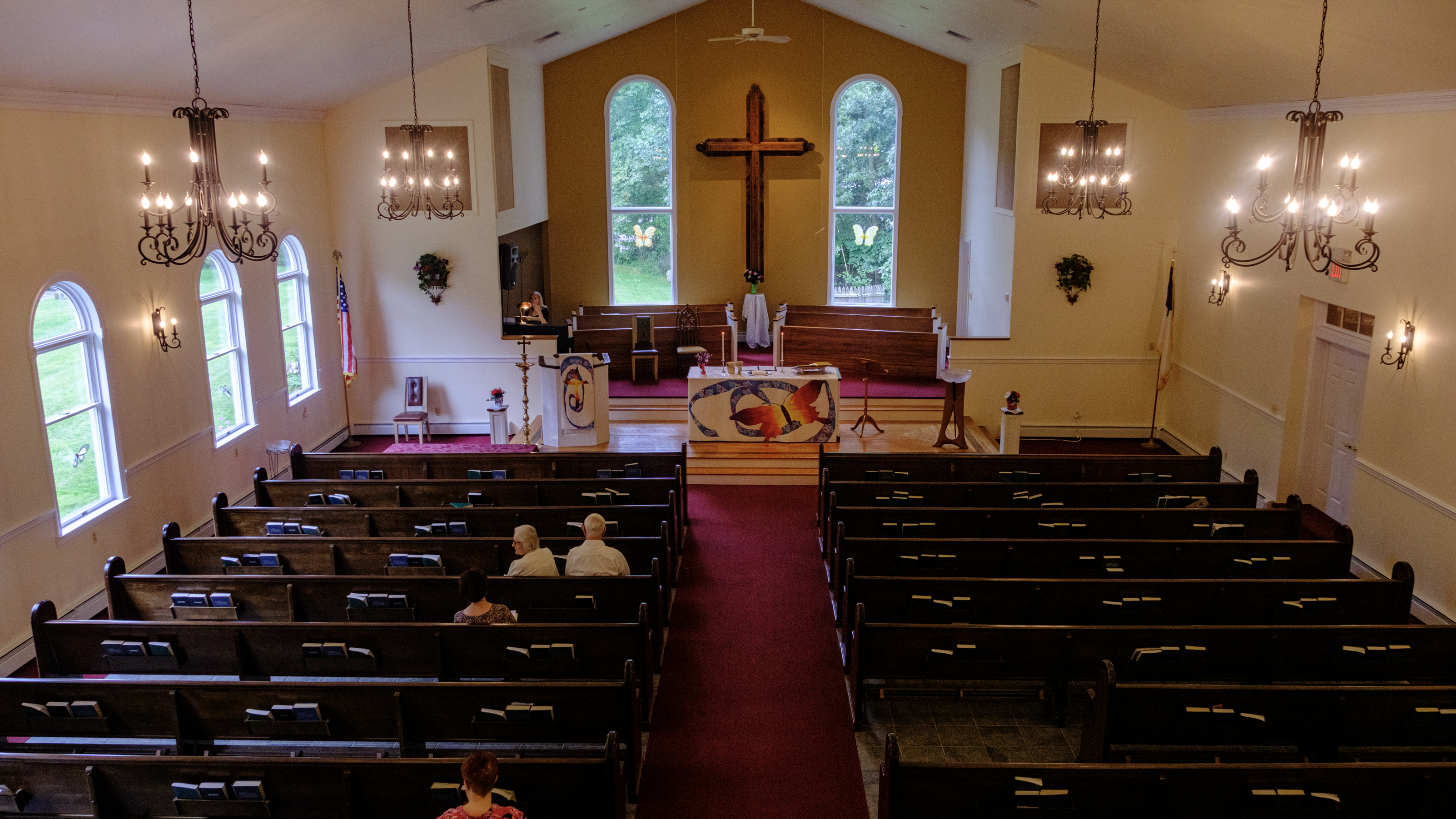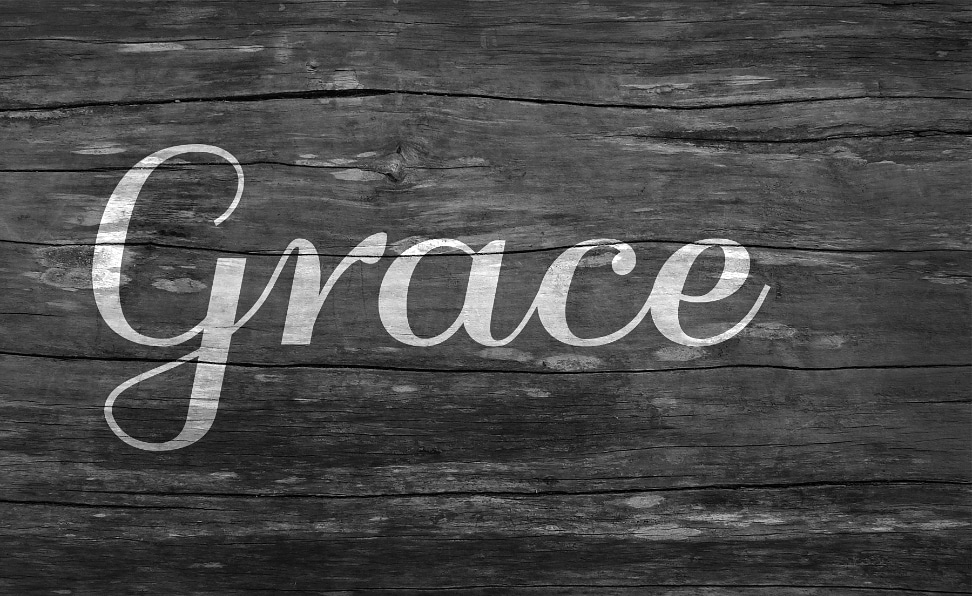Welcome to The Reformed Church In Kinnelon
Sunday Morning Worship 10:00 A.M.
ALL ARE WELCOME!

Early on the first day of the week, while it was still dark, Mary Magdalene went to the tomb. . . .
In church we will greet one another this Easter morning with the greeting “Christ is risen!” and the response will be “He is risen indeed!” We join centuries of Christians in marking this day as the day that changed everything. We celebrate the amazing truth that although Jesus was dead, he’s now alive forevermore. Christ Jesus rose victorious over death. He is risen!
It’s interesting to notice how John, the gospel writer, anchors the event of the resurrection to a day, a time, and a witness. On a particular day in history, early in the morning, while it was still dark, Mary Magdalene saw that the stone had been moved away from Jesus’ tomb. John wants to be clear. The resurrection of Jesus happened on earth’s soil, in our time, for the benefit of us humans whom God created and loves. Because Jesus is risen, life for us is forever anchored in good news.
Christ’s resurrection gloriously demonstrates that God’s sovereign love has the last word. As a powerful hymn puts it, “No power of hell, no human plan, can ever pluck me from his hand.” We now live in the joyful assurance that because Christ lives, we too will live for all eternity.
Christ is risen! He is risen indeed!
Living God, our hearts are lifted to you in praise and thanks that the grave could not hold our Lord Jesus. He is risen! Help us to live joyfully, hopefully, and boldly in the power of his resurrection. Amen.
God has not forgotten us
When Christ came, the people of God had not heard a word from the Lord in centuries. In fact, the last book of the Old Testament, Malachi, was written around 440-400 B.C. The people were longing to hear from God, waiting for Him to fulfill His promises. In such moments of waiting, it’s often tempting to think that God has forgotten us.
The songs surrounding the birth of Christ in Luke 1 echo the sentiment that God has not forgotten His people. Mary sings, “He has helped His servant Israel, In remembrance of His mercy” (Luke 1:54 NKJV). The prophet Zechariah sings, “He has been merciful to our ancestors by remembering his sacred covenant—the covenant he swore with an oath to our ancestor Abraham” (Luke 1:72–73 NLT).
God “remembered” His mercy, covenant, and promises. When the Bible says that God “remembers” … it does not merely mean something is brought to God’s attention or that He forgot something. It means to fix your attention on something and act on it. In the Christmas story, then, we see God turning His attention to His promises and acting on them to fulfill His Word. We see God, in mercy, fixing His attention on us and acting on our behalf by sending Christ to save us. So be encouraged – God has not forgotten you!
“Can a mother forget her nursing child? Can she feel no love for the child she has borne? But even if that were possible, I would not forget you! See, I have written your name on the palms of my hands’” (Isaiah 49:15–16 NLT).

Worship Service
Worship services in RCA churches are as diverse as the denomination itself. You’ll find some churches that follow traditional liturgy. They use the same set of words and elements from week to week. Other churches follow a more contemporary format, adlibbing prayers and incorporating unusual elements. Many churches take a hybrid approach, adapting the traditional RCA liturgy for their context. (Liturgy refers to the way the parts of a worship service are ordered. It comes from a Greek word that means “work of the people,” because God’s people are the ones who do the worshiping!)
During such diversity, worship in the Reformed tradition has some recognizable patterns. After all, our denomination has deemed worship foundational enough to make the liturgy part of our Constitution. In other words, one of the things that sets Reformed churches apart is the particular pattern of worship that we follow. (The other parts of our Constitution are our doctrinal standards and Book of Church Order.)
Although the expressions of worship in Reformed churches vary wildly, we share a common understanding about the nature of worship.
Reformed worship is liturgical.
Here liturgical refers to the way a worship service is ordered. The RCA’s liturgy has an arc that follows the biblical patterns of the encounters between God and God’s people. The pattern is this: we approach God in worship but also with the stain of sin; God proclaims God’s gracious, saving Word to us; we respond with gratitude toward God that is expressed in service toward others.
This pattern—approach, Word of God, response—encapsulates the gospel story. It also follows the same structure as another piece of the Reformed foundation, the Heidelberg Catechism, which is organized into three sections: guilt, grace, and gratitude.
All the specific elements of a worship service—things like prayers, Scripture readings, communion, and songs—find their place within this broader structure.
Reformed worship is missional.
A worship service is not an end in itself. Instead, the liturgy is both a witness to and a participation in the redeeming work of God in Christ. From this perspective, it is difficult to separate liturgy from mission. In the Word proclaimed, in the washing with water, and in the sharing of the bread and cup, God in Christ is at work, reconciling the world to himself. It is here that the world most obviously and most readily discovers the gospel.
Rather than being a self-contained time, the worship that happens when the church is gathered continues into the week and into the world through lives of faith. In fact, the benediction is intended to propel us out. As Christians, we both invite others into the church and are committed to being sent out into the world.
Reformed worship is biblical.
The Word of God is central to Reformed worship. We don’t gather to hear a mere inspirational talk. The church gathers to hear from God through Scripture.
Even the structure of Reformed worship is rooted in the Bible. It’s there that the Triune God reveals himself in the history of Israel and in Jesus Christ. The history of Israel’s worship, together with its fulfillment in Christ and the experience of the early church, provides us with the structure of worship.
All the specific elements of a worship service—things like prayers, Scripture readings, communion, and songs—find their place within this broader structure.
Reformed worship is sacramental.
From a Reformed perspective, baptism and the Lord’s Supper are “a means of grace” within the church. They are visible signs and seals of something internal and invisible. God uses them to work in us through the power of the Holy Spirit.
When we celebrate the sacraments of baptism and the Lord’s Supper, God comes to us through all of our senses. We hear God’s promise of forgiveness; we see and hear the water of baptism that cleanses; and we touch, smell, and taste the bread and wine that signifies Christ’s body and blood. Our faith is awakened, renewed, and energized when we celebrate the sacraments.
Reformed worship is corporate.
As the roots of the word liturgy suggest, worship involves the whole congregation. Because we are all members of the one body, we come together on the Lord’s Day to worship as one.
All of God’s people participate in worshiping God, who is also active when we gather. Worship is not a performance with the minister as actor or actress and the congregation as the audience. Instead, from beginning to end, our worship is a dialogue both between the pastor and congregation and between God and people.
A worship service also reflects the context of the community. Music and prayers speak out of the concrete realities of people’s lives. Worship reminds us that they are not alone before the throne of God but are joined by others around the world and across time.
Reformed worship is personal.
At the same time, Reformed worship is personal, though not private. At its best, Reformed worship helps create a warm, genuine piety that sings of a deep relationship with God through Jesus Christ. Reformed worship teaches us how to love God with our minds and our hearts as well. We are constantly being challenged to grow into disciples who follow Jesus and are open to God’s leading.

Grace is a central teaching of the Christian faith. Grace is a gift from God and apart from God it is not possible achieve sanctifying grace. In this regard the Church echoes the words of St. Paul in Ephesians 2:8-9 where he writes, “For by grace you have been saved through faith, and this is not your own doing; it is the gift of God—not the result of works, so that no one may boast” (NRSV). The theology of grace developed from Apostolic times to the present, but the concept of it being a gift has remained. However, in the 16th century there was a sharp divergence in the concept of grace. The Protestant reformers held to a different view of man that had been taught for the first 1500 years of the church. Along with this different view came a different view of grace. From the beginnings of the church’s history, grace has had at its center the consent of the free will of man and this view remained the same until the Protestant Reformation.


